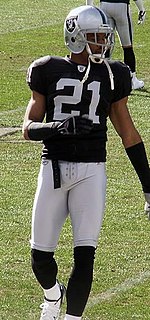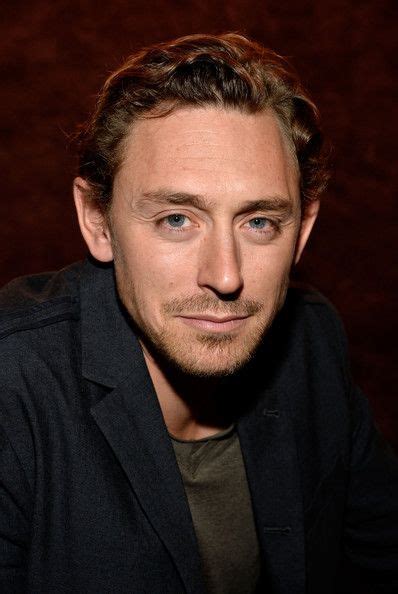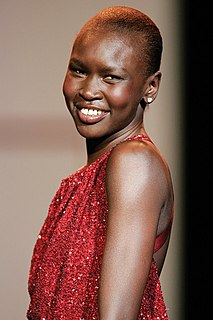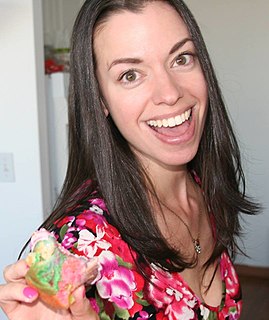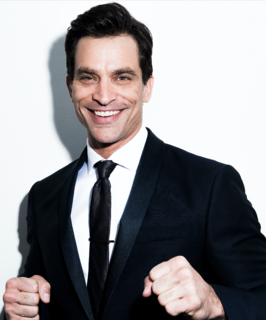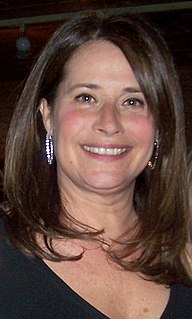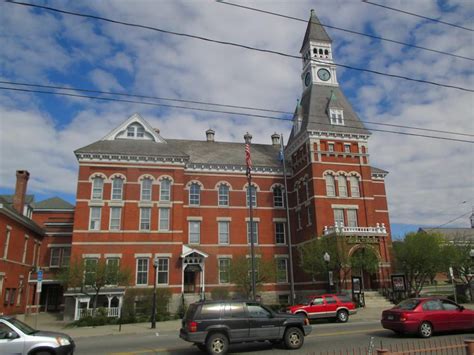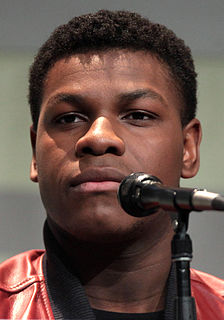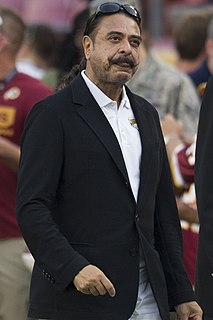A Quote by Kayvan Novak
I was born in London. In a lot of ways I'm English, but I have this Iranianness, this culture instilled by my parents, by my family.
Related Quotes
London is the most multicultural, mixed race place on Earth. And I love that. I grew up in a neighborhood in London where English wasn't necessarily the first language - maybe because of that, I love to travel. Every penny I've ever saved has been spent on airline tickets to different corners of the world. I think that's partly from growing up in London. I've taken that bit with me - this ability to fit in with any culture and be fascinated and respectful with any culture all started from growing up in London.
I connect with my culture through my family. I speak Portuguese to my parents so that I can practice. I stay engaged with my extended family through a lively group chat on WhatsApp. That sense of community and family is the heart of Brazilian culture, and staying engaged with my family is what keeps me connected.
Here's the thing: the unit of reverence in Europe is the family, which is why a child born today of unmarried parents in Sweden has a better chance of growing up in a house with both of his parents than a child born to a married couple in America. Here we revere the couple, there they revere the family.
My dad is a minister and my mum is a worker with the less fortunate and the disabled. They're Nigerian natives. Their first language is Yoruba, and their second language is English. My mum and dad moved to London when they had my eldest sister. They started a life in London as immigrants, and they built up from there. They're no actors in my family, but there are definitely animated black people in my family.

